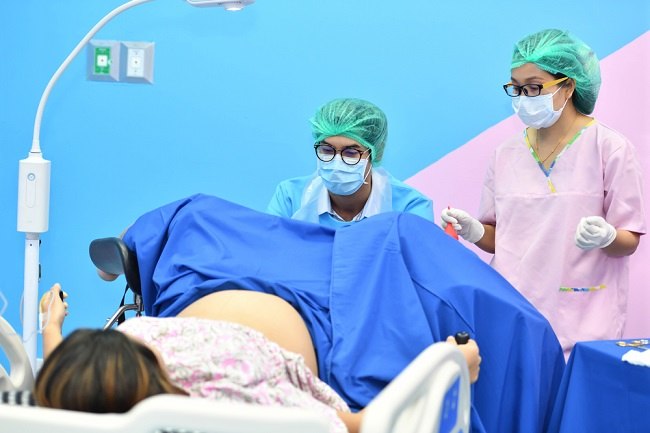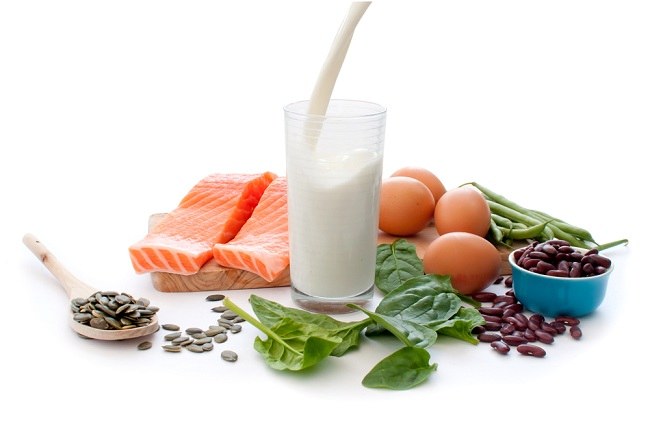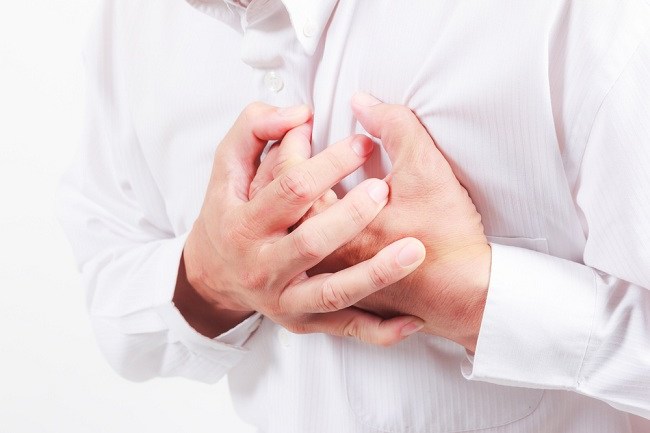Thirst is actually a normal condition which indicates that the body is in need of fluids to run metabolism. However, feeling thirsty throughout the day, especially if you've been drinking enough water, could be a sign of a certain condition or disease.
It is important for you to know what are the causes of normal and non-normal thirst, so that this condition can be immediately examined by a doctor and treated. The reason is, the emergence of thirst that is too frequent and quite severe, could indicate several diseases, such as diabetes.

Common Causes of Complaints of Frequent Thirst
Normal thirst is a sign that the body needs fluids in response to several conditions, such as:
Dehydration
Dehydration occurs when the body lacks fluids. This condition is usually experienced when you don't drink much, consume too many alcoholic beverages, have diarrhea, vomit, or sweat a lot.
In addition, being active in the sun for too long can also cause heat stroke which can trigger thirst, dizziness, and even fainting.
Consumption of certain foods
Eating foods, especially spicy and salty foods, can make the body thirsty and want to consume more fluids. In addition, consumption of foods that contain a lot of MSG also often causes complaints of frequent thirst.
This is because both MSG and salt, which gives it a salty and savory taste, contain sodium. If consumed in excess, this mineral can stimulate thirst.
Pregnancy
Pregnant women generally feel thirsty more often and want to urinate continuously. This occurs due to hormonal changes during pregnancy.
During pregnancy, the body of pregnant women will need more fluid intake to support blood circulation to the fetus. In addition, pregnant women also need to drink enough water to support the growth and development of the fetus and produce amniotic fluid in the appropriate amount.
Drug side effects
Each drug has its own side effects. There are several drugs that can cause side effects in the form of frequent thirst, namely lithium for disorders mood and diuretic drugs that can stimulate the formation of more urine.
Diseases That Can Cause Frequent Thirst
Apart from the things above, there are several diseases that can cause excessive thirst or thirst polydipsia (desire to drink too much). Here are some diseases that can be the cause of this condition:
1. Diabetes
Diabetes or diabetes mellitus is a disease that occurs when blood sugar levels rise too high and are difficult to control. This disease occurs because the hormone insulin cannot work properly or is not produced in sufficient quantities.
When blood sugar or glucose levels are too high, this can make the kidneys need to produce more urine to help remove glucose from the body. The effect, diabetics will feel thirsty continuously.
In addition to frequent thirst, diabetes can also cause sufferers to experience other symptoms, such as wounds that are difficult to heal, frequent fatigue, hunger, and frequent urination.
In pregnant women, complaints of frequent thirst sometimes also need to be watched out for because this can be a sign of gestational diabetes, namely diabetes in pregnant women.
2. Diabetes insipidus
Diabetes insipidus is not related to diabetes mellitus, because diabetes insipidus is caused by a disturbance in the antidiuretic hormone (ADH) or vasopressin which regulates fluid levels in the body. Patients with this disease will produce excessive amounts of urine so they will feel thirsty more often.
3. Ketoacidosis ddiabetic
Diabetic ketoacidosis is a dangerous and life-threatening complication of diabetes. Because the body lacks insulin, glucose in the blood cannot be used and is difficult to control, so the body will break down fat tissue as an energy source to replace glucose. This will result in the buildup of dangerous ketones in the body.
Diabetic ketoacidosis often occurs in people with type 1 diabetes, and sometimes in type 2 diabetes. Apart from thirst, other complaints of diabetic ketoacidosis are frequent urination, feeling very tired, pain in the upper abdomen, heavy breathing and shortness of breath, even coma.
4. Sickle cell anemia
Sickle cell anemia is a condition in which the red blood cells have an abnormal shape. In people with sickle cell anemia, the red blood cells, which are normally biconcave and flexible, look crescent-shaped and stiff, and contain defective hemoglobin.
These abnormal red blood cells can block blood vessels and cause damage to organs and body tissues. If damage occurs to the kidneys, complaints of frequent thirst will appear.
People with sickle cell anemia may also feel a lack of energy, shortness of breath, and feel tired quickly, especially after exercise.
It's normal to feel thirsty after exercise, fatigue, or fasting. However, if you feel thirsty constantly, especially if you have drunk enough water, you should consult your doctor. This is important so that the doctor can determine the cause and provide appropriate treatment.









